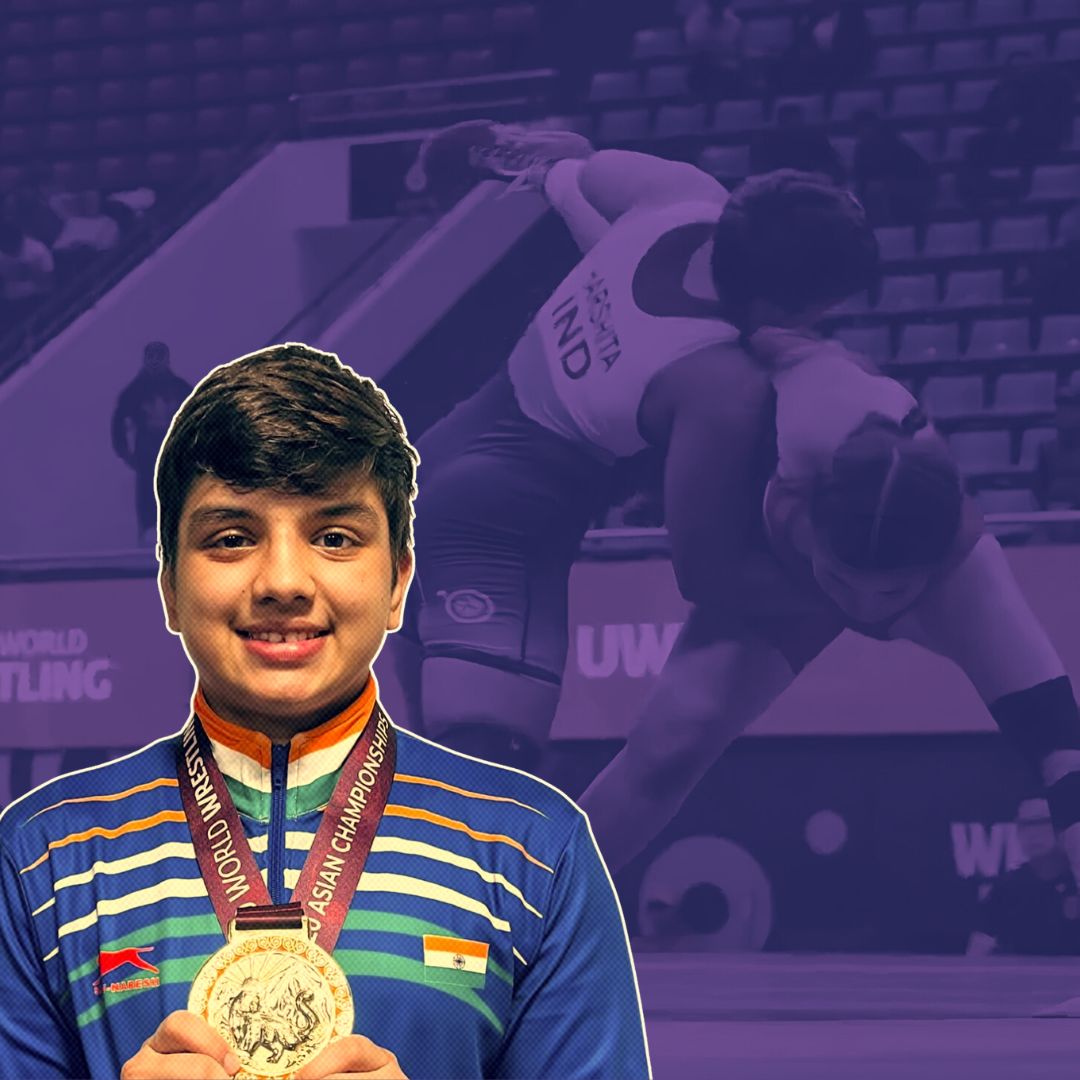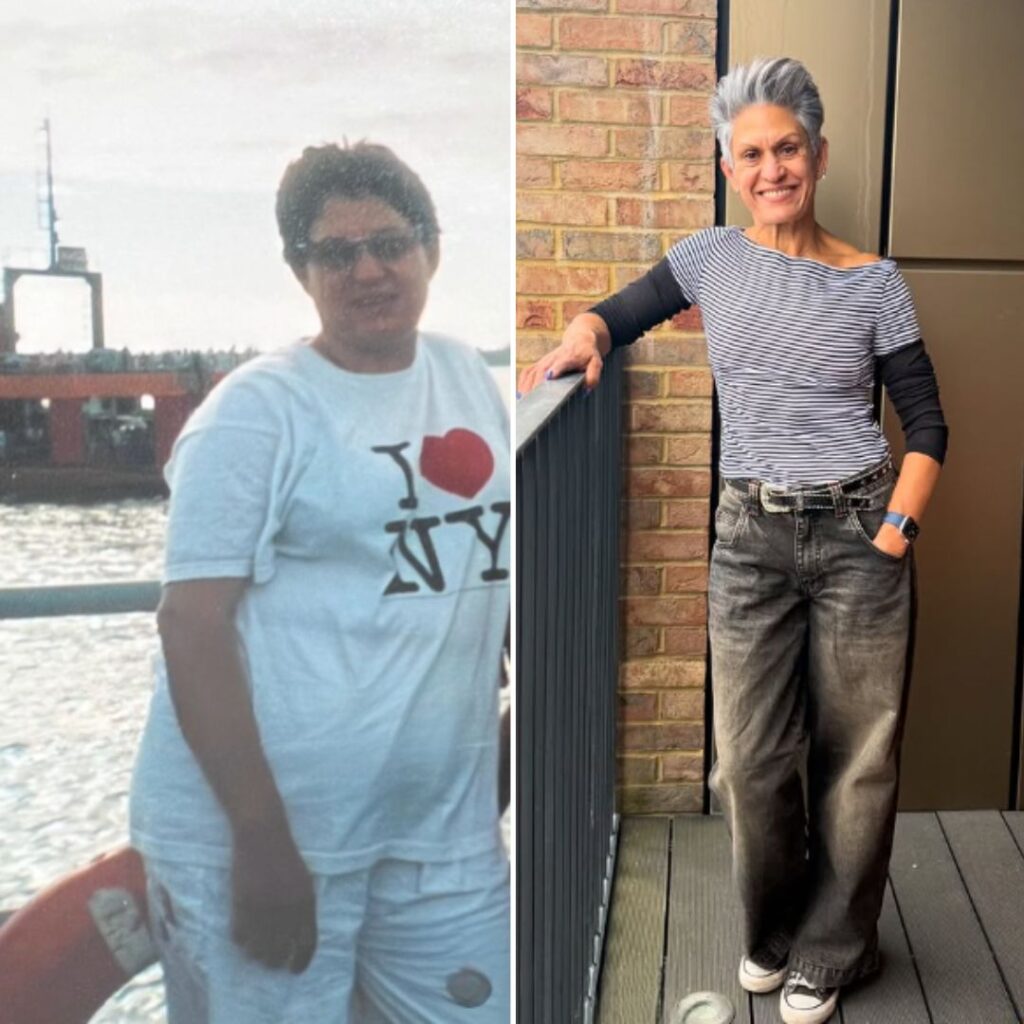Indian women wrestlers scripted history at the Polyák Imre & Varga János Memorial 2025 in Budapest, Hungary, on July 18, bagging two golds (Antim Panghal, Harshita), one silver (Neha), and one bronze (Neelam).
Facing the world’s top competition, they showcased technical mastery and mental toughness, drawing admiration from sporting officials at home and abroad.
Their medal-laden campaign not only boosts India’s prospects ahead of the World Wrestling Championships, but also renews hopes for gender equality in Indian sport.
Antim Panghal, Harshita Lead India’s Golden Surge
Olympian Antim Panghal (53kg) delivered a headline performance, storming through her draw with razor-sharp focus. After defeating recent nemeses including Turkey’s Zeynep Yetgil, who had bested her at Paris 2024 Antim faced Russia’s Natalia Malysheva in the final, prevailing 7-4.
“Each bout is a new battle, and today, every Indian was in my corner,” Antim told United World Wrestling. For Harshita (72kg), the day marked a coming of age.
Her run included a technical fall over France’s Pauline Lecarpentier and an emphatic 10-0 victory in the gold medal round against multiple Asian champion Zhamila Bakbergenova.
Neha (57kg) showed lightning form en route to the final, falling only to Olympic gold medallist Helen Maroulis, while Neelam (50kg) rescued bronze through the repechage bracket with clinical precision.
“Their grit and composure embody the resilience of Indian sport,” said a Wrestling Federation of India official after the finals, adding, “We are proud of our women’s contingent.”
Building Momentum Amidst Challenges
This magnificent four-medal outing arrives after a difficult season. At recent ranking meets in Amman and Mongolia, India’s women returned empty-handed, raising questions about depth and preparedness.
In Budapest, the contingent fought adversity on multiple fronts: from battles with injuries (such as Priyanshi Prajapat’s withdrawal from the 53kg bronze match due to a rib fracture), to the pressure of facing top-seeded Olympians and world medallists in each round.
Coaches say much credit is owed to the adoption of advanced training protocols, sharper psychological conditioning, and the unwavering mentorship from senior athletes.
“We analysed our mistakes, rebuilt our strategies, and focused on process, not outcomes,” explained team coach Kuldeep Malik.
The Budapest event, which drew almost 500 wrestlers from 40 nations, was seen as the last major test before the World Championships. India’s women not only improved their global rankings but signalled their readiness to challenge for world honours.
The Logical Indian’s Perspective
The achievements of Antim, Harshita, Neha, and Neelam are more than just sporting successes they are a clarion call for equality, perseverance, and hope. Each medal is testament to years of dedication, often against the currents of bias and resource constraints.
As a society, it is time we channel this inspiration to nurture every girl’s sporting ambition building inclusive grassroots infrastructure, encouraging families to support their daughters, and demanding institutional accountability in athlete welfare.
These wrestlers teach us that the truest form of victory lies in collective support, kindness, and opportunity for all. How can your community, school, or local administration play its part to ensure every aspiring athlete, especially girls, gets a fair chance to succeed?












